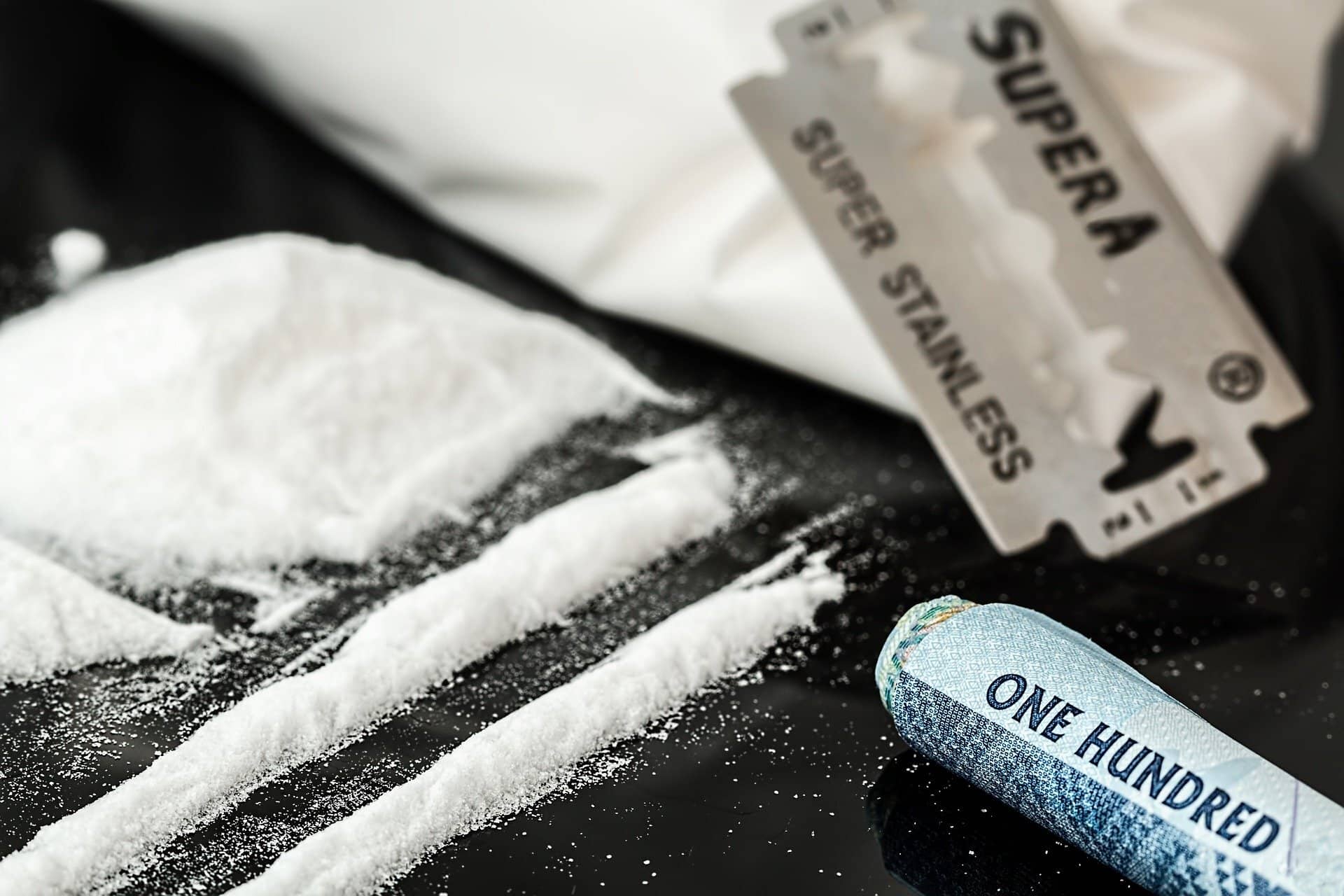Cocaine addiction is a serious and growing problem. It affects millions of people worldwide. This addiction damages health, relationships, and careers. Understanding how it starts, how it affects the body and mind, and how to recover is vital.
What is Cocaine Addiction?
Cocaine addiction is a chronic condition. It happens when a person cannot stop using cocaine despite its harm. Cocaine is a powerful stimulant. It increases dopamine levels in the brain. This gives a short-term feeling of energy and pleasure. But with repeated use, the brain changes. The person feels a strong need to keep using it.
Causes of Cocaine Addiction
- Genetics: Some people are more prone to addiction. If a family member has a history of substance abuse, the risk increases.
- Environment: Growing up in a household with drug use can influence behavior. Peer pressure also plays a big role, especially among teenagers and young adults.
- Mental Health Disorders: People with anxiety, depression, or trauma may turn to cocaine. They often use it as a way to escape emotional pain.
- Recreational Use Turning Addictive: Many users start using cocaine at parties. They may use it casually at first. But over time, the brain becomes dependent on the drug.
Effects of Cocaine Addiction
Cocaine addiction has many harmful effects. It impacts both the body and the mind.
Physical Effects
- Rapid heart rate
- High blood pressure
- Loss of appetite
- Weight loss
- Nose damage from snorting
- Risk of heart attack or stroke
Mental and Emotional Effects
- Anxiety
- Paranoia
- Hallucinations
- Aggressive behavior
- Depression
- Irritability
Social Effects
Cocaine addiction ruins relationships. Trust is often lost. Family and friends may distance themselves. The user may lose their job or face legal issues.
How Addiction Develops?
Cocaine increases dopamine in the brain. This makes the user feel euphoric. But over time, the brain needs more cocaine to feel the same high. This is called tolerance. Eventually, the user can’t feel normal without it. That’s when addiction sets in.
Recognizing Cocaine Addiction
It’s important to spot the signs early. Look for the following:
- Frequent nosebleeds
- Sudden mood swings
- Secretive behavior
- Unexplained need for money
- Poor performance at work or school
- Loss of interest in hobbies
Early intervention can save lives.
Recovery from Cocaine Addiction
Recovery is possible. It takes time, effort, and support. Many people have overcome cocaine addiction and rebuilt their lives.
- Detox: The first step is detox. This helps the body clear cocaine. Medical supervision is recommended, as withdrawal symptoms can be tough.
- Therapy: Behavioral therapy helps people understand their triggers. Cognitive Behavioral Therapy (CBT) is effective. It teaches new ways to cope with stress and cravings.
- Support Groups: Groups like Narcotics Anonymous provide community support. Talking to others with the same struggle helps reduce shame and isolation.
- Medication: There are no FDA-approved drugs for cocaine addiction yet. But some medications can help manage withdrawal symptoms and cravings.
- Lifestyle Changes: A healthy lifestyle supports recovery. Regular exercise, a balanced diet, and sleep all help heal the brain. Avoiding old triggers is also key.
Preventing Relapse
Relapse is common, but it doesn’t mean failure. Prevention includes:
- Identifying triggers
- Building a support network
- Continuing therapy
- Staying busy with positive activities
- Setting short-term and long-term goals
Cocaine addiction destroys lives. But with the right help, recovery is within reach. Understanding its causes and effects helps prevent addiction. Recovery takes courage, but it brings hope and healing. If you or someone you know is struggling with cocaine addiction, seek help. The sooner you act, the better the outcome.






